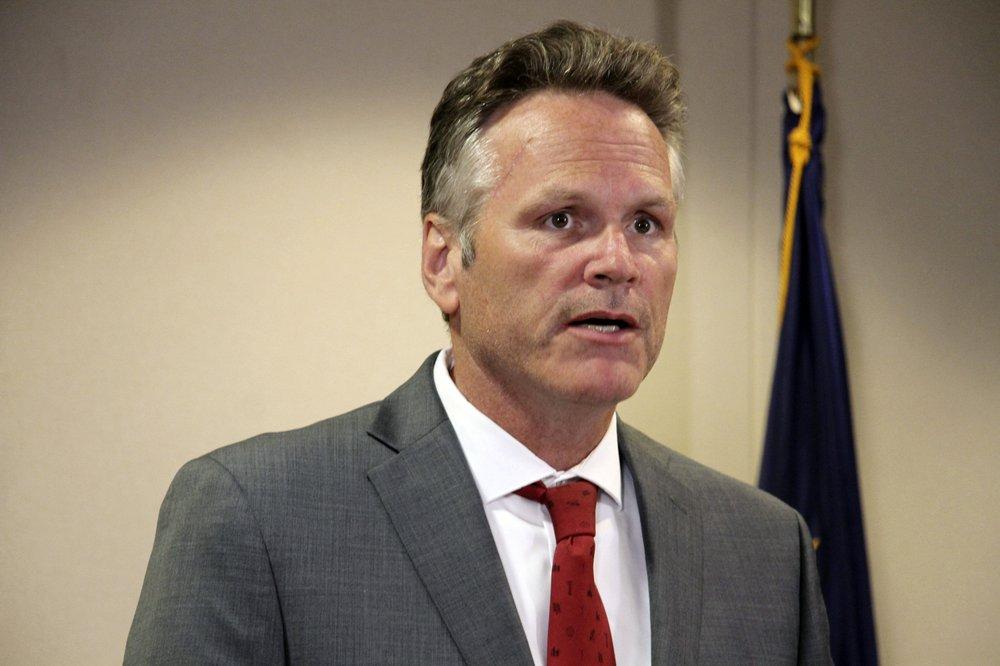The state of Alaska is arguing that the U.S. Supreme Court should safeguard state employees’ constitutionally protected free speech rights by preserving a requirement that unionized employees re-register with their union each year.
The petition (pdf) for certiorari, or review, in Alaska v. Alaska State Employees Association (ASEA), court file 23-179, docketed by the court on Aug. 25, comes years after the court’s landmark 2018 ruling in Janus v. American Federation of State, County, and Municipal Employees (AFSCME), Council 31.





